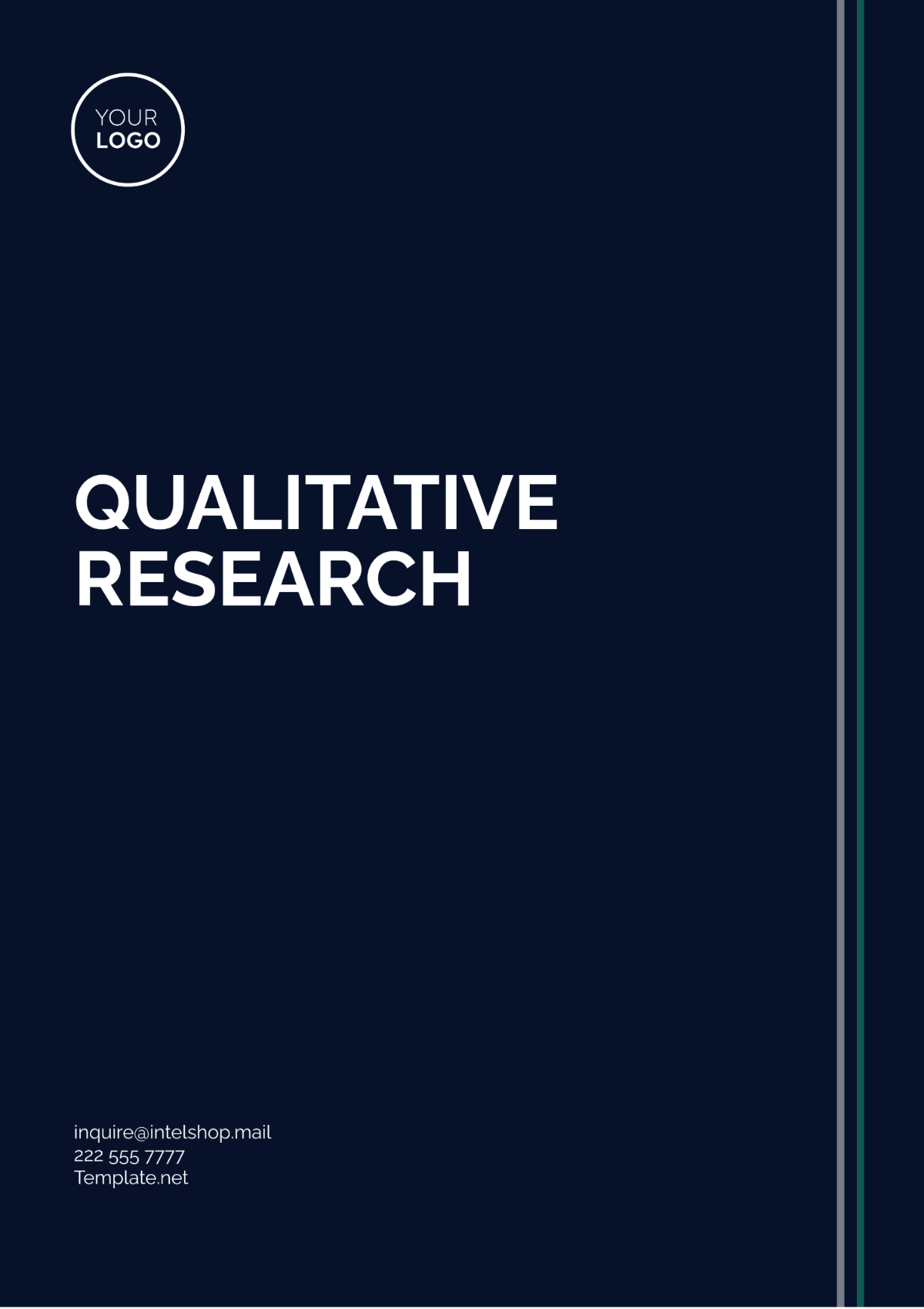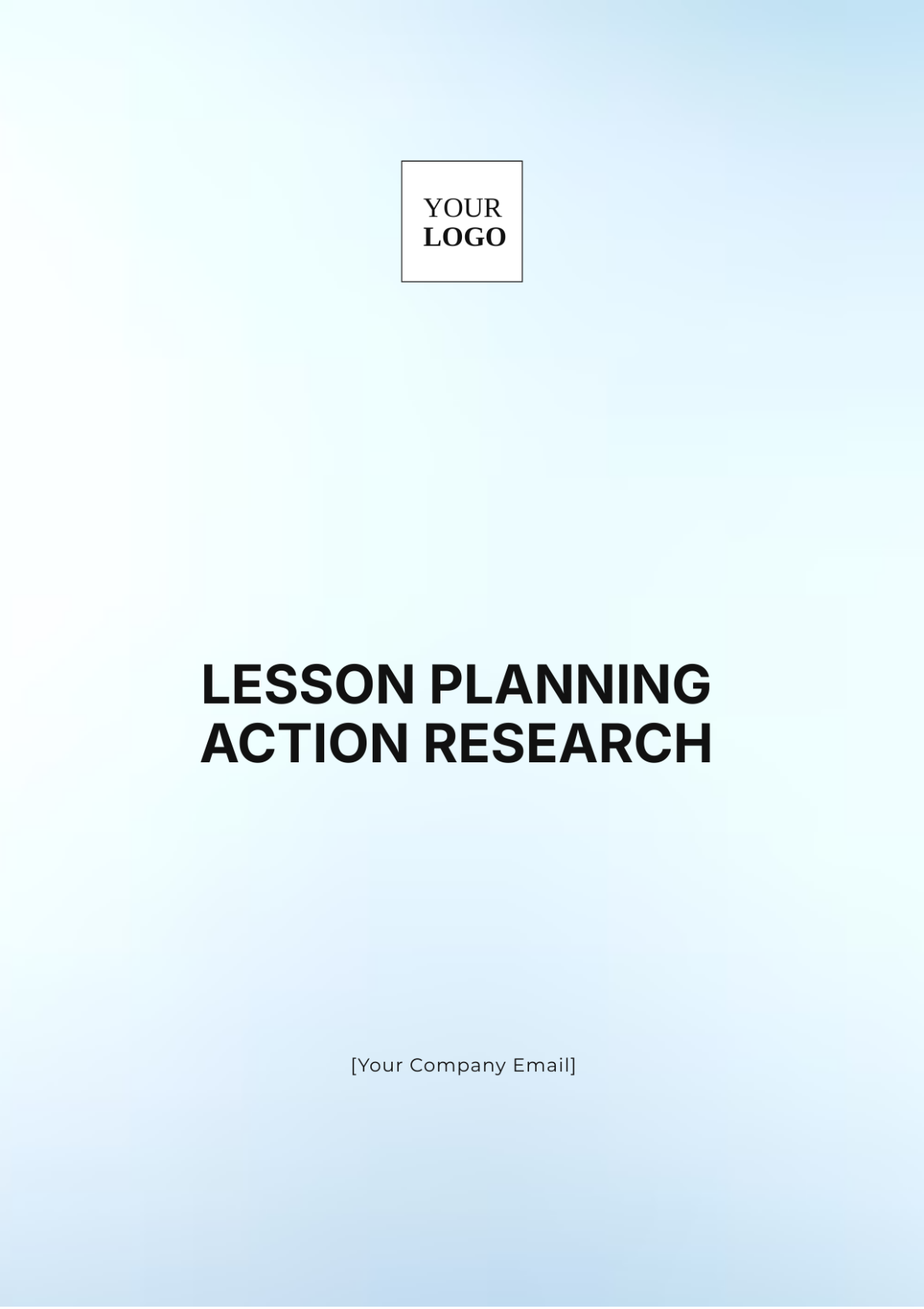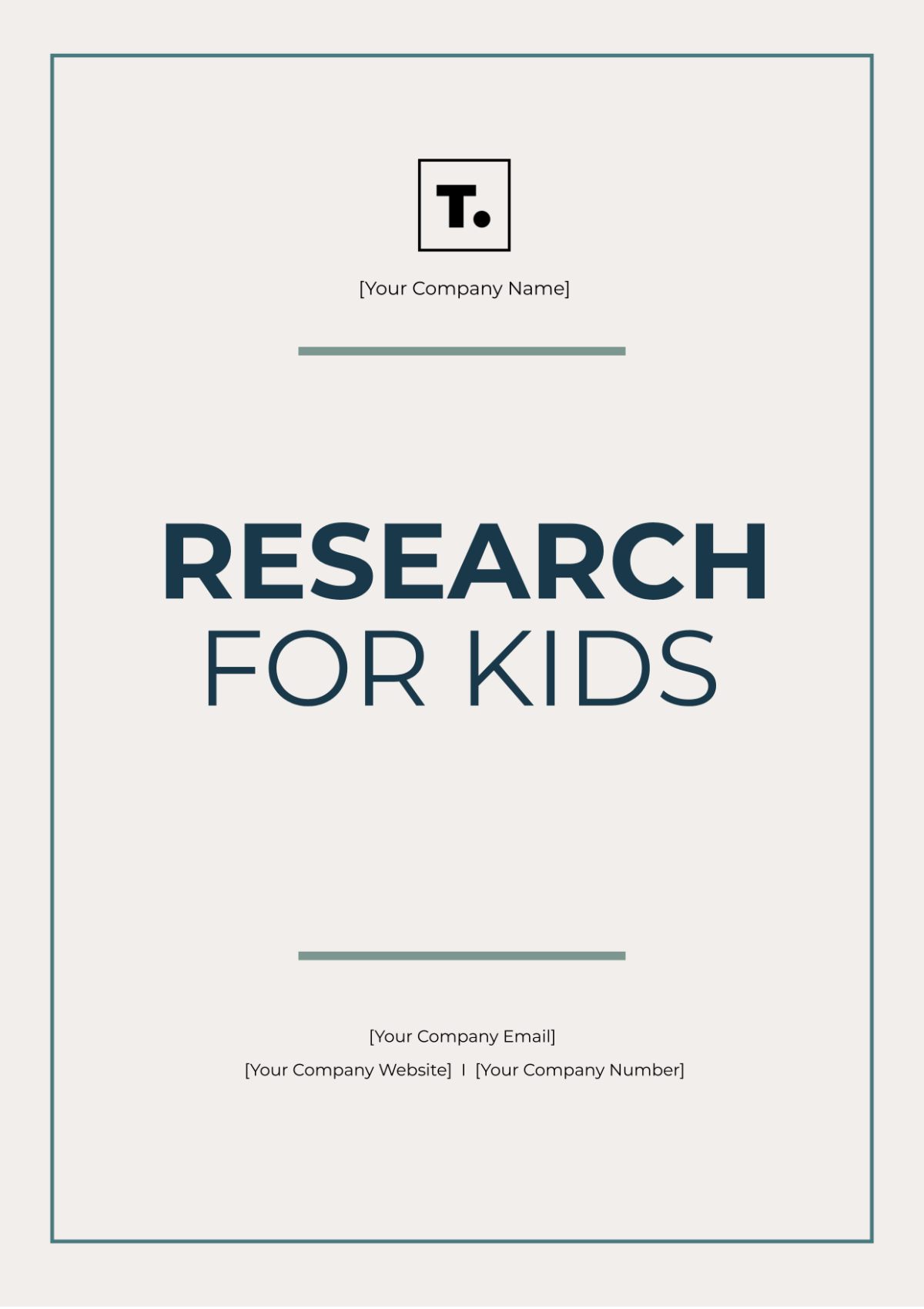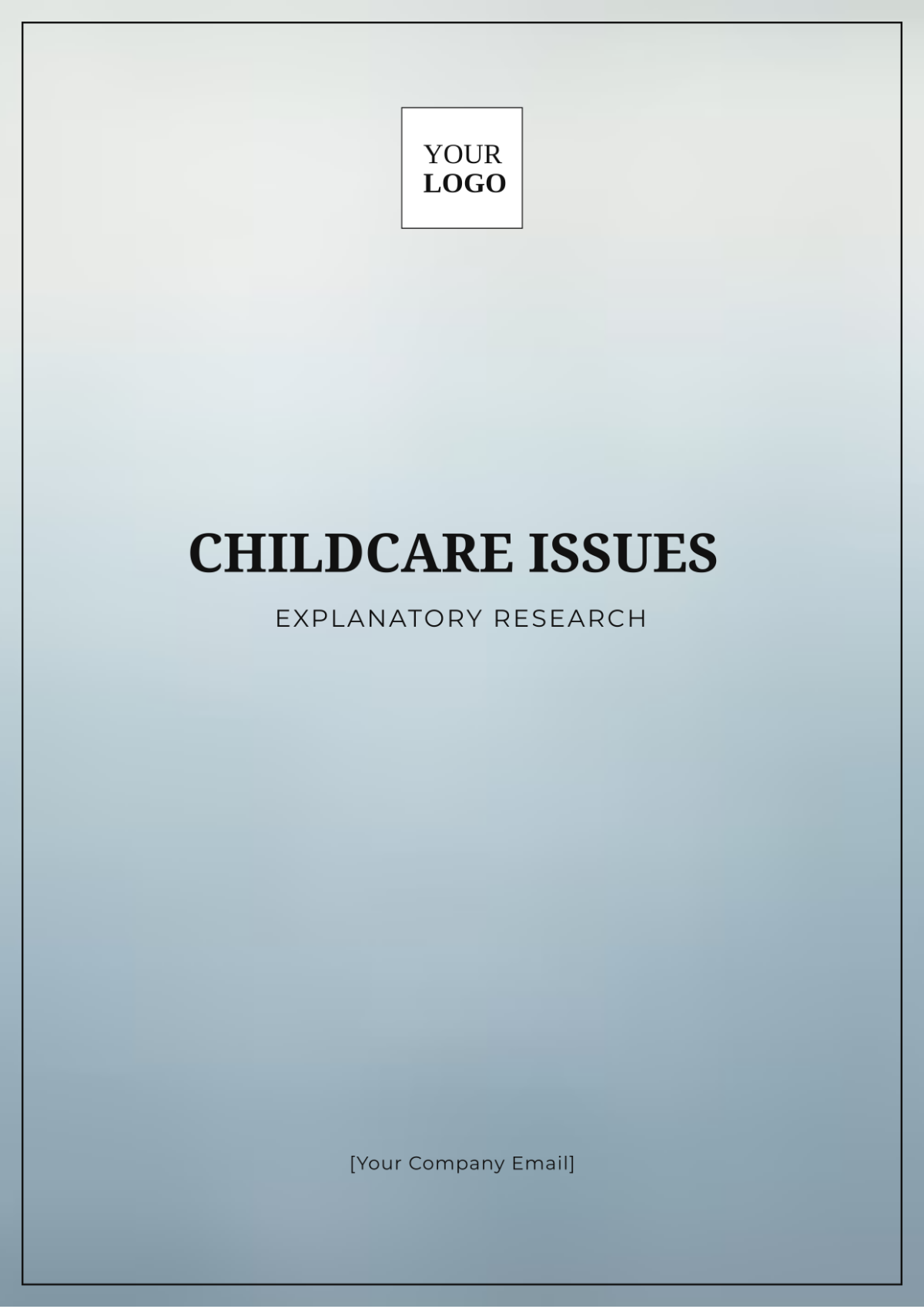Childcare Issues Explanatory Research
Introduction
Childcare remains a critical issue affecting families, communities, and economies worldwide. This exploratory research study seeks to investigate and explain specific challenges, barriers, and impacts related to childcare. The objectives are to identify key issues, understand their implications, and propose potential solutions to ensure better childcare systems.
Challenges in Childcare
1. Financial Barriers
One of the significant challenges in childcare is the cost associated with quality services. Many families struggle to afford the high costs, leading to compromises in the quality of care or opting out of professional childcare entirely.
High fees for daycare centers
Additional costs for extracurricular activities
Lack of subsidies for middle-income families
2. Limited Availability
The availability of childcare facilities that meet the needs of working parents is another significant issue. Many regions face a shortage of childcare providers, leading to long waitlists and stressful situations for parents.
Insufficient number of daycare centers
Inadequate staffing in existing facilities
Lack of flexible hours that accommodate non-traditional work schedules
3. Quality of Care
Ensuring high standards of care and education for children is essential for their development. However, many childcare providers face challenges in maintaining quality due to various factors.
Underqualified staff
Poor child-to-caretaker ratios
Lack of early childhood education programs
Impacts of Childcare Issues
1. Economic Impact
The issues surrounding childcare have substantial economic impacts on both families and the broader economy.
Impact | Description |
|---|---|
Reduced workforce participation | Parents, particularly mothers, may leave the workforce due to a lack of affordable and available childcare. |
Increased financial strain | High childcare costs may lead families into financial hardship, affecting their overall quality of life. |
Lower productivity | Employees who struggle with childcare issues may have higher absenteeism and lower productivity. |
2. Social Impact
The quality of childcare has profound effects on the social and emotional development of children.
Children in high-quality care settings tend to have better social skills and academic performance.
Inconsistent or poor-quality care can lead to behavioral issues and developmental delays.
Accessible and equitable childcare supports social inclusiveness and community well-being.
Proposed Solutions
1. Policy Interventions
Governments can play a crucial role in addressing childcare issues through various policy measures.
Providing subsidies and financial support to families in need
Investing in the expansion of childcare facilities
Implementing stricter quality standards and regular inspections for childcare providers
2. Employer-Supported Childcare
Businesses can contribute to resolving childcare challenges by offering support to their employees.
On-site childcare facilities
Flexible working hours and remote work options
Financial assistance or childcare vouchers
3. Community Initiatives
Local communities can take collective action to support accessible and quality childcare.
Community-funded childcare centers
Parent cooperatives for shared childcare
Volunteering and support networks for families
Conclusion
Addressing the multifaceted issues related to childcare requires a collaborative approach involving policy interventions, employer support, and community initiatives. By understanding and tackling these challenges, we can create a more supportive environment for families, ensuring better outcomes for children and the broader society.
References
Blau, D., & Currie, J. (2059). Pre-school, daycare, and after-school care: Who’s minding the kids? In E. Hanushek & F. Welch (Eds.), Handbook of the Economics of Education (Vol. 2, pp. 1163-1278). North-Holland.
Cascio, E. U. (2058). Maternal labor supply and the introduction of kindergartens into American public schools. Journal of Human Resources, 44(1), 140-170.
OECD. (2055). Good Practice for Good Jobs in Early Childhood Education and Care. OECD Publishing, Paris. https://doi.org/10.1787/64562d7f-en

















































